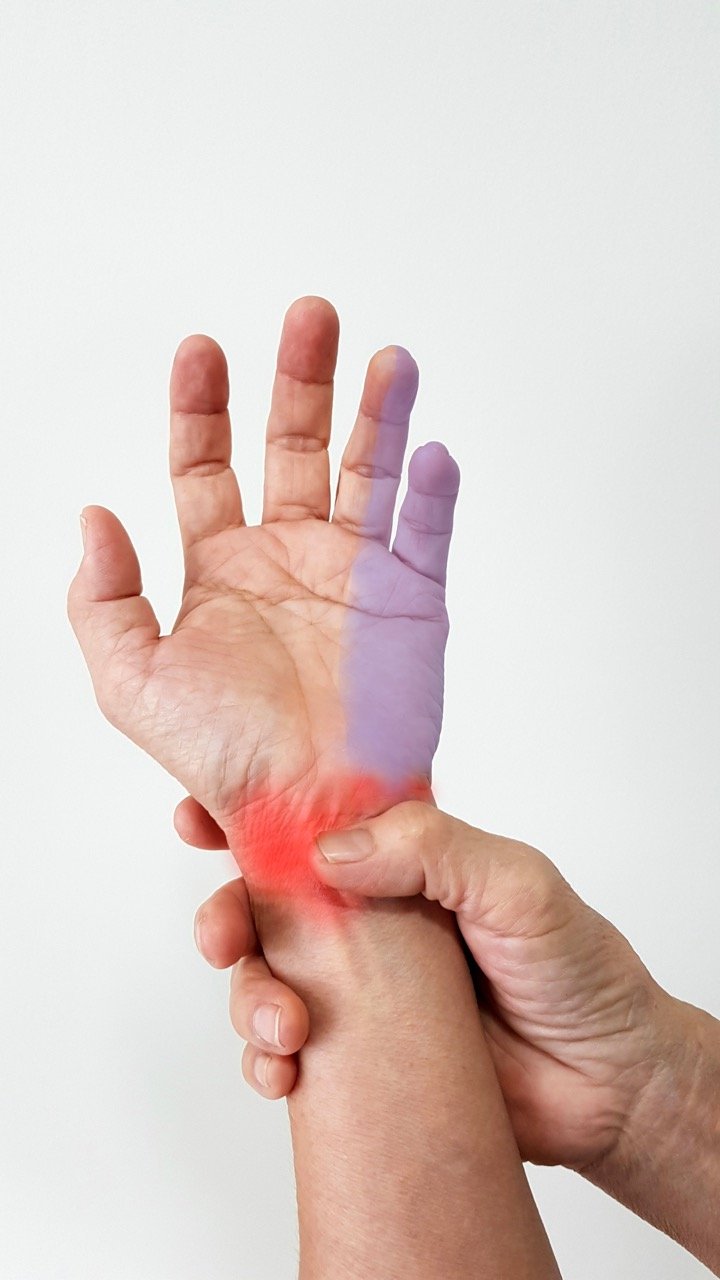
Diabetic Neuropathy
What is diabetic neuropathy?
Diabetic neuropathy, also known as diabetic peripheral neuropathy, is a type of nerve damage that affects individuals suffering from diabetes.
Symptoms of diabetic peripheral neuropathy
Peripheral neuropathy symptoms often start gradually and increase in severity over time. They may include the following:
Tingling or numbness. Patients often report a 'pins and needles' sensation or numbness, most commonly in the hands or feet. This sensation may spread upward into the arms or legs.
Sharp, throbbing, or burning pain. This type of pain is regularly associated with peripheral neuropathy and can often be worse at night.
Extreme sensitivity to touch. Even light touches may induce discomfort or pain.
Muscle weakness. Due to affected nerves being responsible for muscle movement, patients may experience muscle weakness.
Coordination issues. Affected individuals may have difficulty with tasks requiring coordination, such as walking, and may be prone to falls.
Heat intolerance or altered sweating. Nerve damage can disrupt the body’s ability to regulate temperature, making patients intolerant of heat or altering normal sweating patterns.
What causes peripheral neuropathy?
Those with diabetes, particularly if poorly managed, have a higher risk of developing peripheral neuropathy. Remember, high blood sugar levels damage your nerves over time.
Other possible causes of peripheral neuropathy include injuries, infections, vascular and autoimmune diseases, exposure to toxins, and some medications.
How is it diagnosed?
Typically, physicians will ask about your symptoms, like when they started, how often they occur, and whether certain activities make them worse.
They may also conduct a thorough physical examination. This often begins with a neurological examination, where the doctor may test tendon reflexes, muscle strength and tone and the ability to feel certain sensation. Further diagnostic tests may include electromyography (EMG).
Managing the condition:
Regular medical check-ups are important, especially for those with underlying conditions like diabetes or autoimmune diseases.
Pain Management:
Over-the-counter pain relievers, anti-seizure medications, or topical treatments can be used to alleviate pain. In severe cases, prescription medication may be necessary.
Limit Alcohol and Quit Smoking:
Alcohol can worsen peripheral neuropathy, while smoking can impact circulation, exacerbating the symptoms.
Physical Therapy:
Physical therapy can help improve mobility, strength, and manage pain. With the guidance of a physical therapist, patients can learn exercises to improve muscle movement and reduce muscle weakness.
Mental Health Support:
Living with a chronic condition like peripheral neuropathy can be challenging. Therapy or support groups can provide emotional assistance.
Healthy Lifestyle:
A balanced diet rich in essential vitamins and minerals, regular exercise, and proper sleep can help in managing symptoms and promoting general health.
Regular Check-ups:
Regular medical screenings and consultations are crucial in assessing the progress and effectiveness of the treatment plan.








